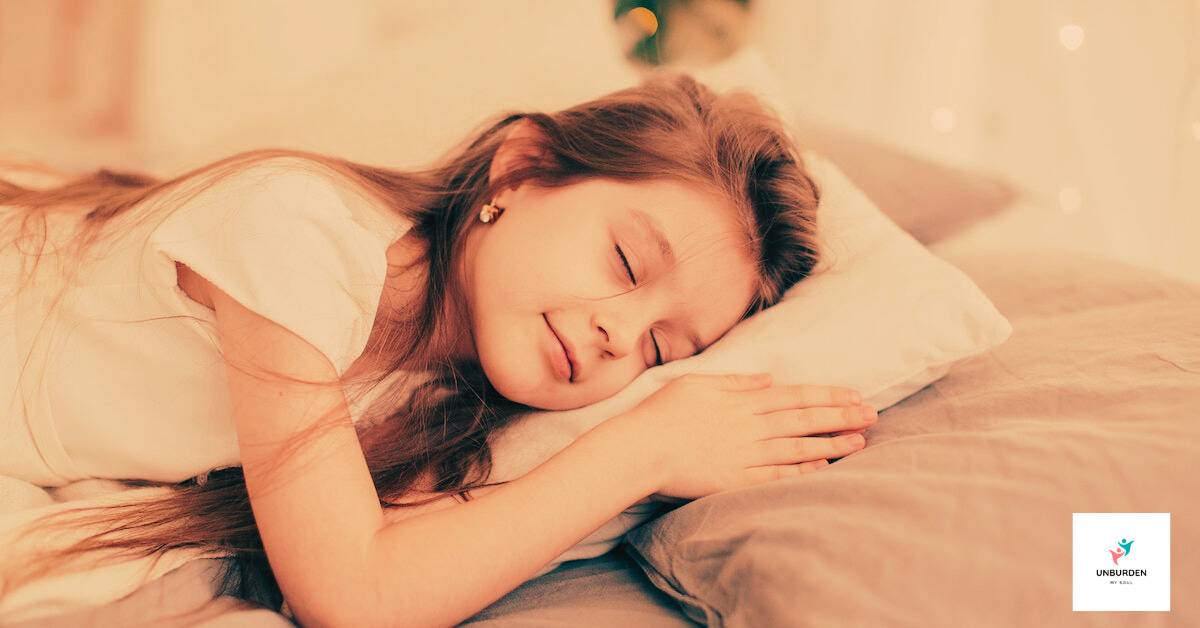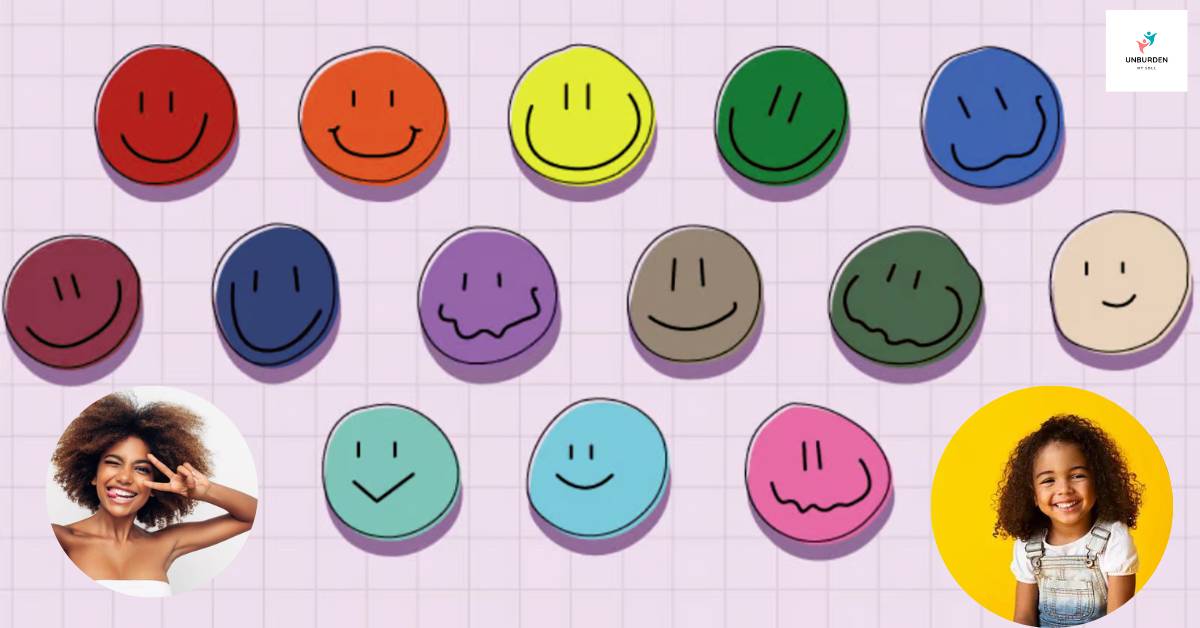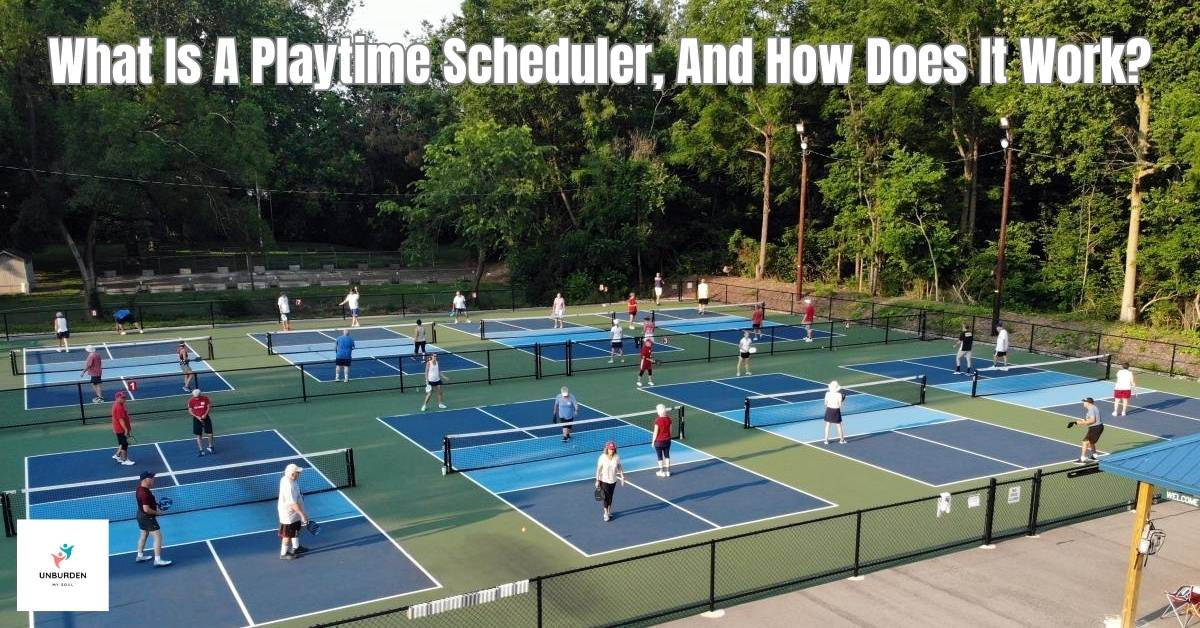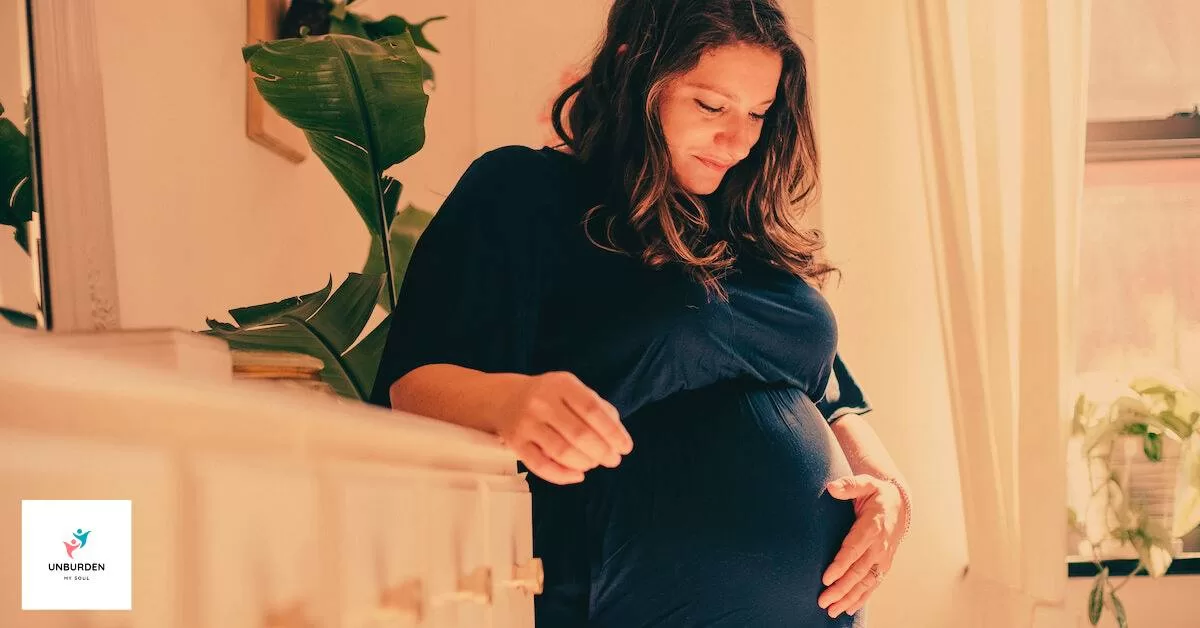The smile date test is trending on TikTok, here is your guide to get the perfect score in it.

Does My Child Have Sleep Apnea Quiz?
Sleep Apnea is a harmful sleep disorder in which the breathing suddenly stops and starts. Although not common yet sleep apnea effects around 2-3 % of children.
Sleep is of paramount importance to humans. It is during sleep that our blood cells repair our damaged cells and makes our body healthy.
Any disturbance in sleep can be harmful to the overall health of the body. When it comes to children then sleep becomes even more essential and significant. It is necessary for a child’s mental and physical development.
It is during the sleep that a child’s body goes towards restoration and it recharges itself retaining the information that it had absorbed during the day.
Sleep apnea is a sleeping disorder in children due to which a child’s breathing is disturbed either partially or fully during the sleep. It can last for few seconds to minutes and can happen many times during the night.
Here is a quiz through which you can analyze whether your child has sleep apnea. This quiz only to show direction to your doubts, it would be always better to consult your child’s pediatrician when reaching any conclusion.
Question 1: Does your child snore?
Snoring is a common occurrence in children, but the frequency and intensity can sometimes indicate underlying issues.
- Yes, often
- Occasionally
- Rarely
- Never
Scoring:
- 3 points
- 2 points
- 1 point
- 0 points
Explanation:
Although snoring is a common issue yet it should not be ignored. It can be caused due to many reasons which may include sleep position, tonsils or congestion.
But if your child has frequented and loud snoring then it may be an indication of underlying serious issue which may also include sleep apnea.
If your child snores often, it may be worth consulting a healthcare professional for further evaluation.
Question 2: Does your child experience restless sleep?
If your child is experiencing restlessness in sleep, then sleep apnea can be one of the causes. Complete and undisrupted sleep is essential for a healthy and sound mind and body.
- Every night
- A few times a week
- Occasionally
- Rarely
Scoring:
- 3 points
- 2 points
- 1 point
- 0 points
Explanation:
If your child is experiencing restless nights then it is a point of concern. It is always better to seek professional advice on this matter. A natural sleep cycle is essential for a child’s development any disturbance to it can lead to irritability and tiredness for the full day.
Question 3: Does your child have Morning Breath?
While morning breath is a common occurrence, its frequency and intensity can provide insights into your child’s sleep quality.
- Yes, every morning
- Often
- Sometimes
- Rarely or never
Scoring:
- 3 points
- 2 points
- 1 point
- 0 points
Explanation:
Morning breath can be caused by various factors, including dehydration and oral hygiene. However, persistent and intense morning breath may be a sign of disrupted sleep patterns. So, it is better to seek professional help.
Analise Your Score:
8-9 points: If your child’s score is between 8-9 then is should be concerning as they may be suffering from sleep apnea. While this quiz gives you a fair idea, it is always advisable to consult a healthcare professional for a better evaluation.
5-7 points: Your child’s sleep habits appear to be relatively normal, but there may be room for improvement. Consider implementing healthy sleep routines and monitor any changes. If concerns persist, consulting a healthcare professional is advisable.
0-4 points: Your child’s sleep habits seem to be generally healthy. Keep up the good work in maintaining a restful sleep environment. If you have any specific concerns, consulting a healthcare professional is always a good idea.
Conclusion:
Thank you for taking our Sleep apnea Quiz for children. Remember, this quiz serves as a helpful tool for self-assessment, but it is not a replacement for professional medical advice.
If you have any concerns about your child’s sleep habits, we strongly encourage you to consult a healthcare professional for a thorough evaluation and guidance.
Here’s to many nights of peaceful and uninterrupted sleep.



